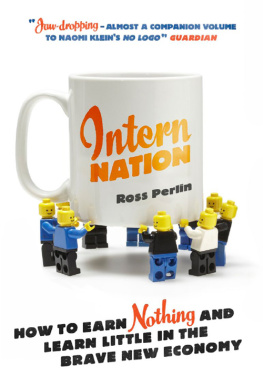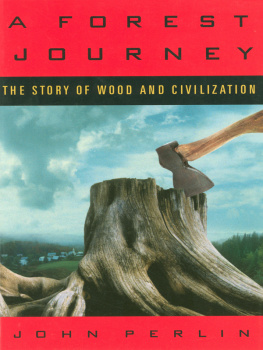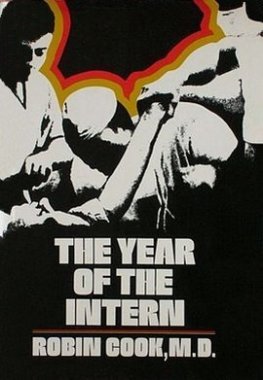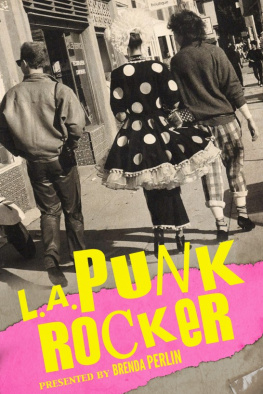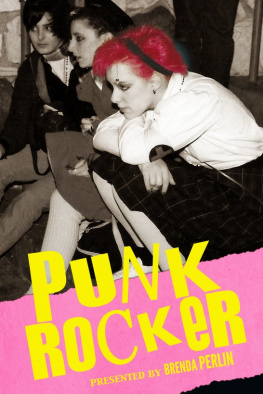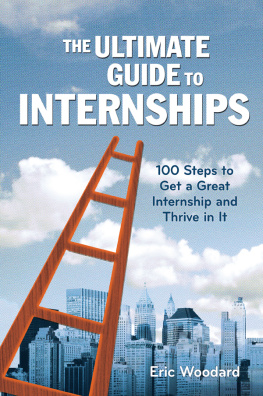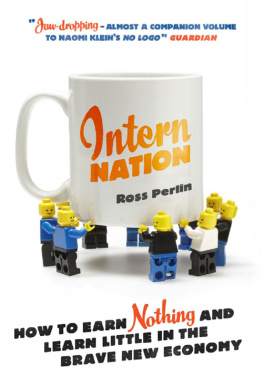INTERN NATION
ROSS PERLIN is a graduate of Stanford, SOAS and Cambridge. His work has appeared in the Washington Post, New York Times, and the Guardian. He has written on forgotten histories and disappearing languages in the U.S., China and the former Soviet Union.
INTERN
NATION
How to Earn Nothing and Learn Little in the Brave New Economy
Ross Perlin

London New York
This updated paperback edition first published by Verso 2012
First published by Verso 2011
Ross Perlin 2012
All rights reserved
The moral rights of the author have been asserted
1 3 5 7 9 10 8 6 4 2
Verso
UK: 6 Meard Street, London W1F 0EG
US: 20 Jay Street, Suite 1010, Brooklyn, NY 11201
www.versobooks.com
Verso is the imprint of New Left Books
eISBN-13: 978-1-84467-906-5
British Library Cataloguing in Publication Data
A catalogue record for this book is available from the British Library
Library of Congress Cataloging-in-Publication Data
A catalog record for this book is available from the Library of Congress
Typeset in Minion Pro by MJ Gavan, Truro, Cornwall
Printed in the US by Maple Vail
For my parents, who taught me how and why to work.
the processes of exclusion we are about to describe emerged at the end of an accumulation of micro-alterations, micro-displacements, involving an abundance of good will, with people who often believed that what they were doing was for the best.
Luc Boltanski and Eve Chiappello, The New Spirit of Capitalism
Experience is the name everyone gives to their mistakes.
Oscar Wilde, Lady Windermeres Fan
Contents
PREFACE
The Rules of the Game
O ne steamy Saturday in late AugustI must have been about seven years oldI opened a store. Like so many American kids, I wanted to play at business. With trays of Pillsbury cookies swelling in the oven, a pitcher of sickly sweet lemonade, and prices listed on a sign hand-drawn with Magic Markers, I was in business under the cherry trees. Soon I had my first bank account, urged on by a friendly dinosaur who promoted special accounts for kids. I longed to make the printed numbers in my little passbook go up, so I found work pulling up weeds in a neighbors garden, sold off old toys and unwanted football cards, and begged my parents for advances and raises on my $1.20 weekly allowance. A few years later, I was following the daily jitters of the Dow Jones Industrial Average, mesmerized by the mysterious ticker symbols, by the idea of fortunes won and lost overnight. I still didnt know what work was really about, but I believed in following the rules, trying hard, and reaping the benefits. I believed in a simple equation: work brings rewards.
At college, people no longer asked, What do you want to be when you grow up? with a pinch of the cheek or a tousling of hair. From the lecterns I heard: Do something meaningful with your life. Give back to those who are less fortunate. From relatives, family friends, and assorted advicegiving adults, I heard: Get paid to do something you enjoy. From those a few years older than me: Its a tight job market out there. Be flexible, control your own destiny. And from the professionals, the career gurus sponsored by colleges and plunked down in the center of campus, I heard the nittygritty about rsums, networking, breaking into different industries and fields. And I had thought college was about road trips and reading Homer.
There was at least one thing they all agreed on: get an internship. And after years of avoiding the questionI spent the summers studying, traveling, and working regular jobsI finally gave in to the pressure and got one. I was twenty-three, enrolled in a Masters program at the University of London, and I worried that my rsum was looking increasingly impractical.
In much of the developed world, the subtle, relentless pressure to do an internship is now simply part of being young. Already in the first years of high school they were a hot topic; I dimly understood that it was a privilege or a necessary humiliation, I wasnt sure which. Was it a real job, or just a dress rehearsal for a job? Why was it that scholarship kids worked in the cafeteria or shelved books in the library, while rich kids namedropped their internships at prestigious companies, famous newspapers, high-minded nonprofits? A parent got them in, an uncle, a family friend, or perhaps it was just a casual word exchanged at the country club. I grew nervous that I was closing myself off from this loftier world of workdid my work experience as a camp counselor, a babysitter, or a tutor count? When I finally made the plunge and took an internship, I hoped to put a long-festering anxiety to rest. I had been insecure about internships for years, I realizedprobably for as long as Id been watching friends announce their lifes passion and then maneuver, by whatever means necessary, to score the matching internship.
The office was located in the Borough of Islington, an NGO (and intern) ghetto of sleek little offices hidden down narrow streets. During the dampest half of a London year, I spent two days at the NGO each week, unpaid except for a basic lunch stipend and transit costs. Often barely noticed, Id look up from my laptop, brought from home, to the rain dripping down beyond the window. My desk could be anywhere in the hip disarray: interns shifted spots depending on the days configuration of regular staff. I translated material on the NGOs website from Chinese to English. When there wasnt anything left to translate, I wrote comments in the online forums, did image searches, or finished schoolwork. The internsand there was a merry little band of us doing thisearned an honorable mention during the office Christmas party, but it backfired in humiliating fashion: no one knew who we were. The clapping of our full-time colleagues was polite and confused; they craned their necks in various directions, attempting to direct their forced smiles toward someone. Soon after, sitting around a dingy lunch counter where the measly sandwiches fit our reimbursement budget, a fellow intern said to me, The best thing about internships is that you can spin them.
This was our typical dispirited talkI barely noticed it at first. But the sentence stuck in my head: he had it exactly right. Internships are a world of spin. And the reason you can spin themwhether youre an intern or an employeris that no one knows what they mean. Internships may be everywhere today, but they remain such a recent, chaotic phenomenon that there are seldom any rules of the road, any standards or codes of conduct that are honoredonly vague expectations, for which no one is held accountable. Even the word intern is a kind of smokescreen, more brand than job description, lumping together an explosion of intermittent and precarious roles we might otherwise call volunteer, temp, summer job, and so on. Until just a few decades ago, the word referred almost exclusively to a particular period of hands-on apprenticeship in the medical profession.
The internship has become a new and distinctive form, located at the nexus of transformations in higher education and the workplace. Ever since the Victorian demarcation of childhood as a time for learning rather than laboring, capitalist societies have struggled over how to usher young people from the world of the classroom into the world of factories and offices. At the same time, corporate manpower needs and national policy objectives have staked claims of their own, carving out a distinctive niche for youth labor and calling for schools to produce a constant stream of skilled workers. After a century of experimentation, the internship, a latecomer to the field, has emerged victorious as the unrivaled gateway to white-collar work, now backed by government policies across the globe, employers hiring practices, a nearly unanimous Academy, and a million auxiliary efforts. How did we get here?

